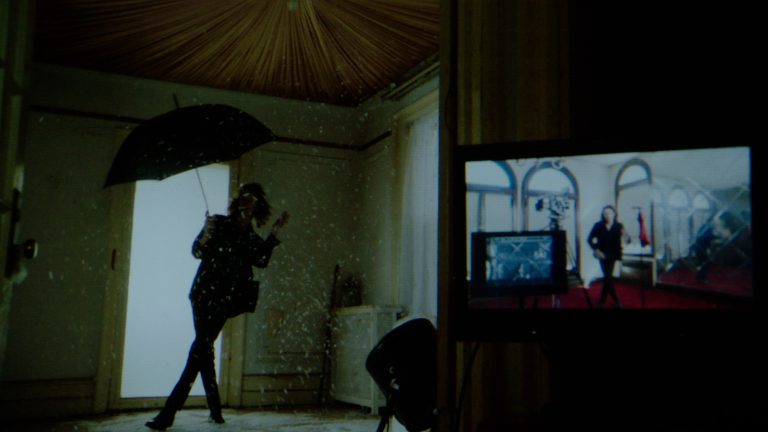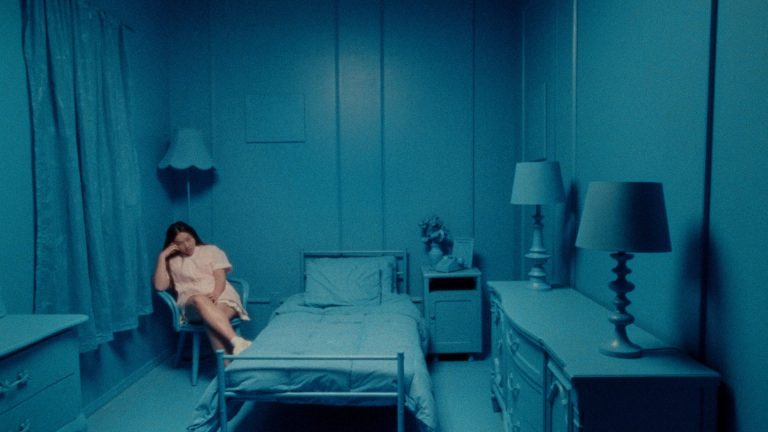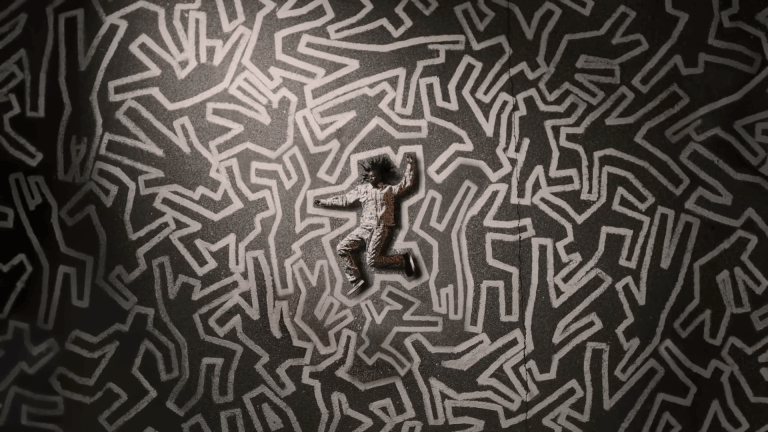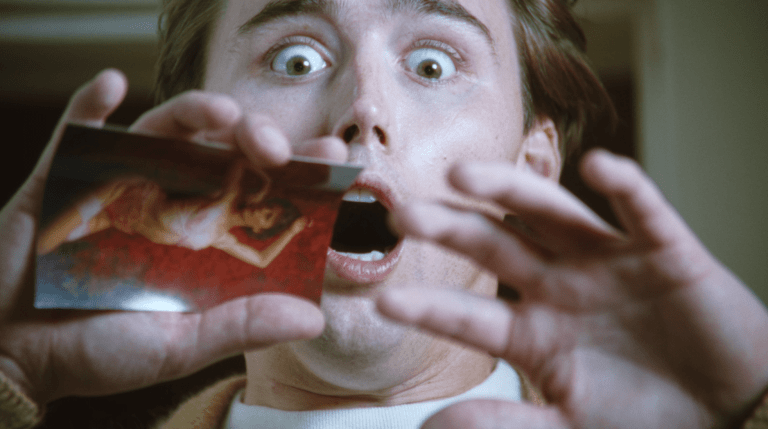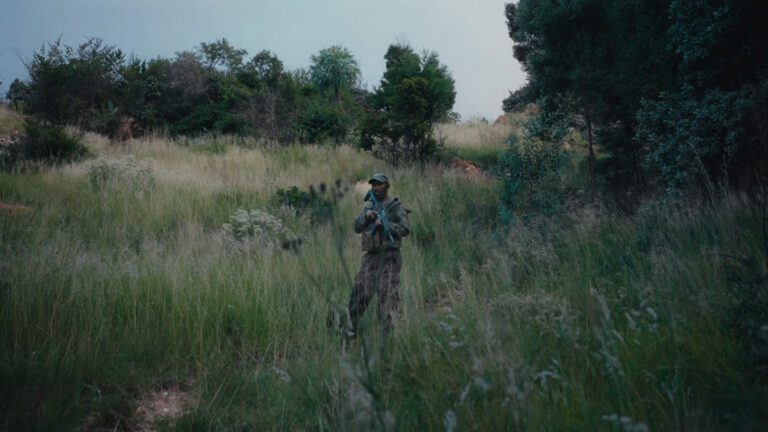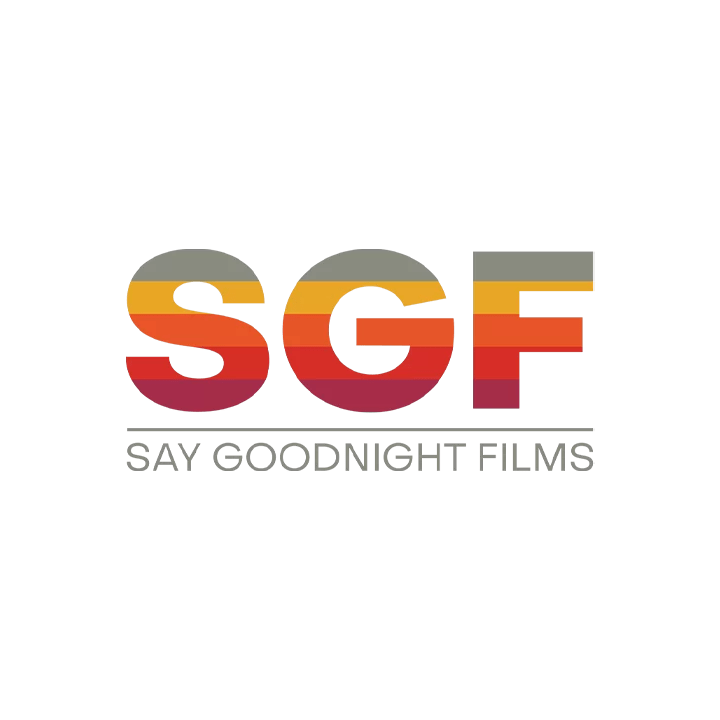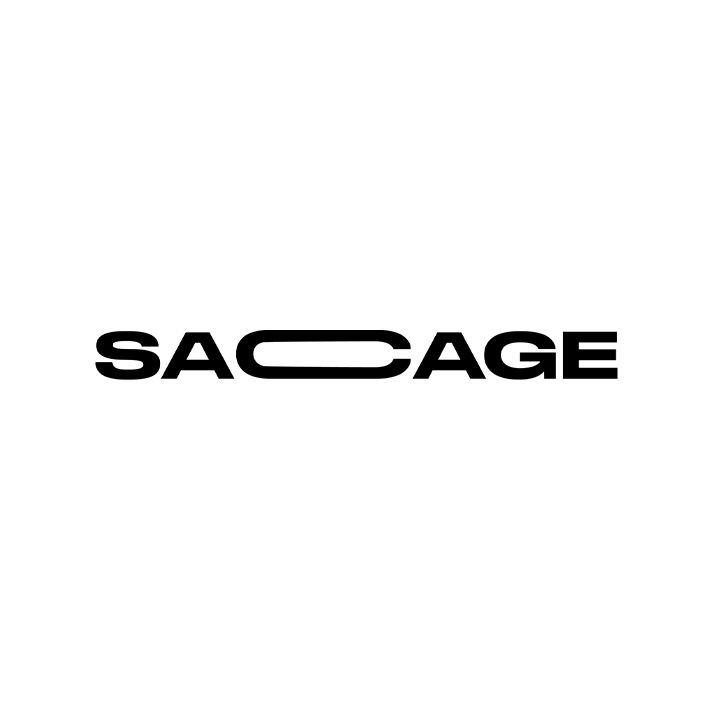Suggested Terms
Director
Location
Format
Festival
Agency
Production Company
Record Label
Award
Country
- United States
Production Company
-
Bravò
January 2023
Ivan Olita directs ‘A King’.
The official Elvis impersonator of Las Vegas must confront his identity and sexuality as his public persona slowly fades away.
Country
- United States
Production Company
-
Bravò
Credits
-
Director
-
Producer
Justin Folger
-
Director of Photography
Andrea Gavazzi →
-
Editor
Nate Katz →
-
Colourist
Dante Pasquinelli →
-
Composer
Jsds Studio
-
Production Company
Bravò

